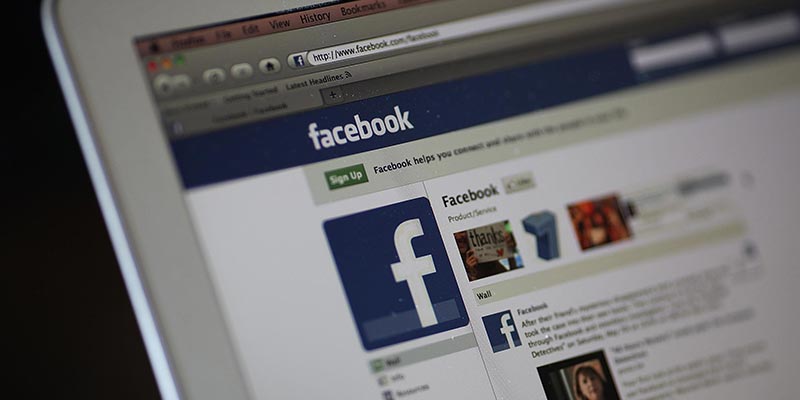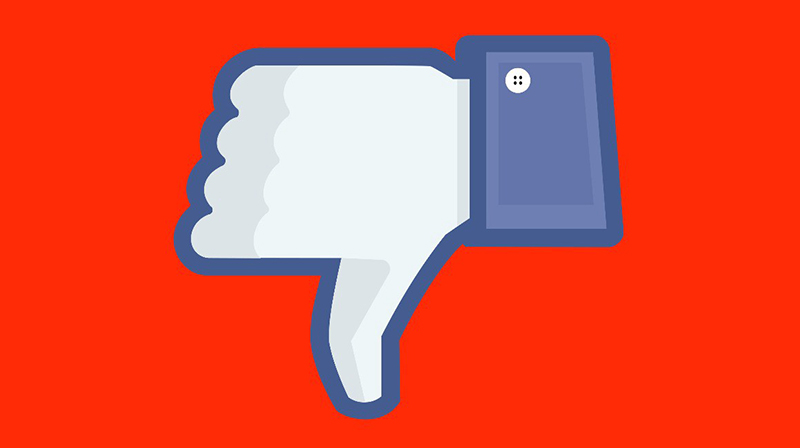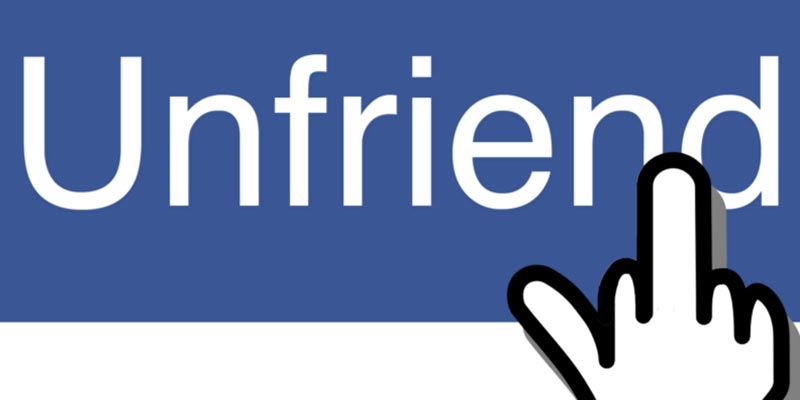- Posted On: 21 Jul 2017
- Posted By: Crescentek
12 Sept 2014
Facebook can be considered as the fundamental way to connect with anyone, anywhere in the world. As its creator, Mark Zucherberg intends to “give people the power to build community and bring the world closer together”, the idea has not fell far from the tree. Today, Facebook has over 2 billion monthly users from all parts of the world. Nonetheless, this does not mean, that building community and being closer together mean a fairy tale. Many users stay connected with people, despite being annoyed, even offended by them. Instead of “unfriending” them, or severing connections, the users carry on watching their “annoying” activity, silently, invisibly.

This activity and the very psychology behind it, is the subject of a research project, Creating Facebook, run by Philip Seargeant and Caroline Tagg, both lecturers of applied linguistics at The Open University. The researchers surveyed a network of over 100 active users of Facebook that interacted with each other. The users were interviewed systematically, to scrutinize the actual Facebook activity of the network, how they really feel of about each other’s behavior, and how they interacted.
The study revealed, what the researchers believe, is that users continue to stay connected with people despite being annoyed or offended by them, because, they still like to know what is happening in each other’s life, and the drama of it; and moreover, judge them for so. Facebook is a way of not only connecting, but also staying updated with the world. So, the usual “know your neighbor” syndrome is commonplace.

Further explanation say how in real life, we go through a diversity of communication with diverse relations, such as parents, colleagues, college friends and chat-friends. So when we add them all together in a single Facebook profile, there is a notion of generalizing those diverse, and personal communicational waves and the value system, bringing them to a public shared space, which can, in turn, create a disturbance in communication.

Un-Friending is not always the resort, as it worsens the situation in real life as it is considered an offense. Instead, users make substitute changes in their privacy settings, or even create separate accounts for specific relations, more commonly separating personal and professional contacts.
The research denoted this kind of Facebook activity as a fluctuation of annoyance and addiction, which subconsciously, imparts singular human nature of judgment. These factors were inadvertently invoked by the nature of Facebook’s open network technology that brings together the whole world, in a very idealistic way.
Just like the real world, Facebook is acquiring all the characteristics of human exposure. This leads to natural disagreement, annoyance, and even conflict. There is no “unlike” button, but that does not mean people always like each other. The major issues that came up front are things like over sharing of personal trivia, offensive comments/posts on sensitive political views, racism, homophobia, and acts of candid self-promotion.